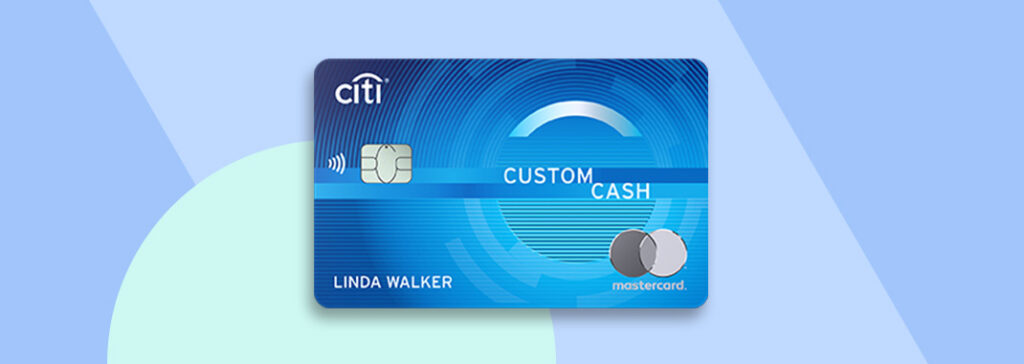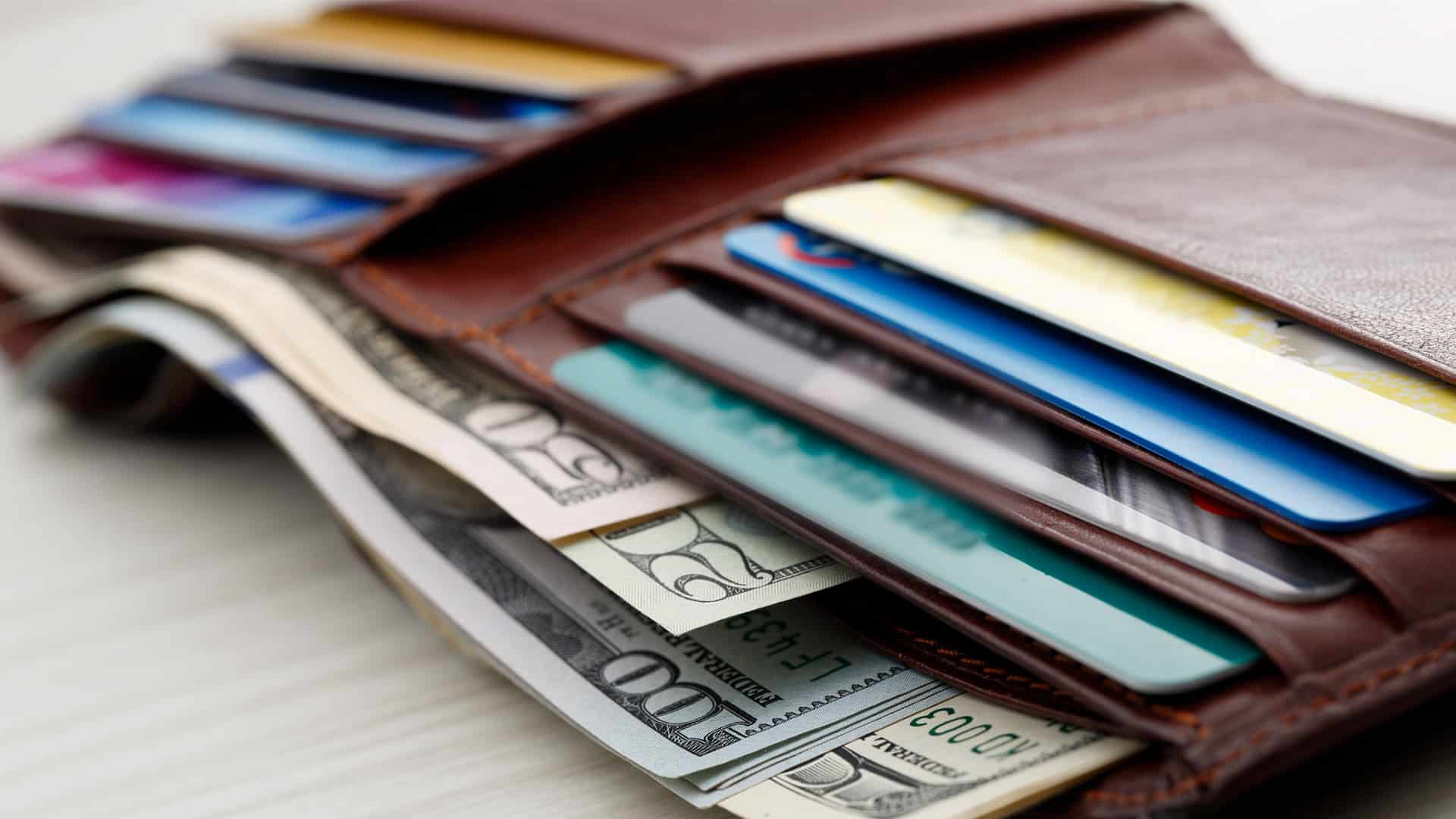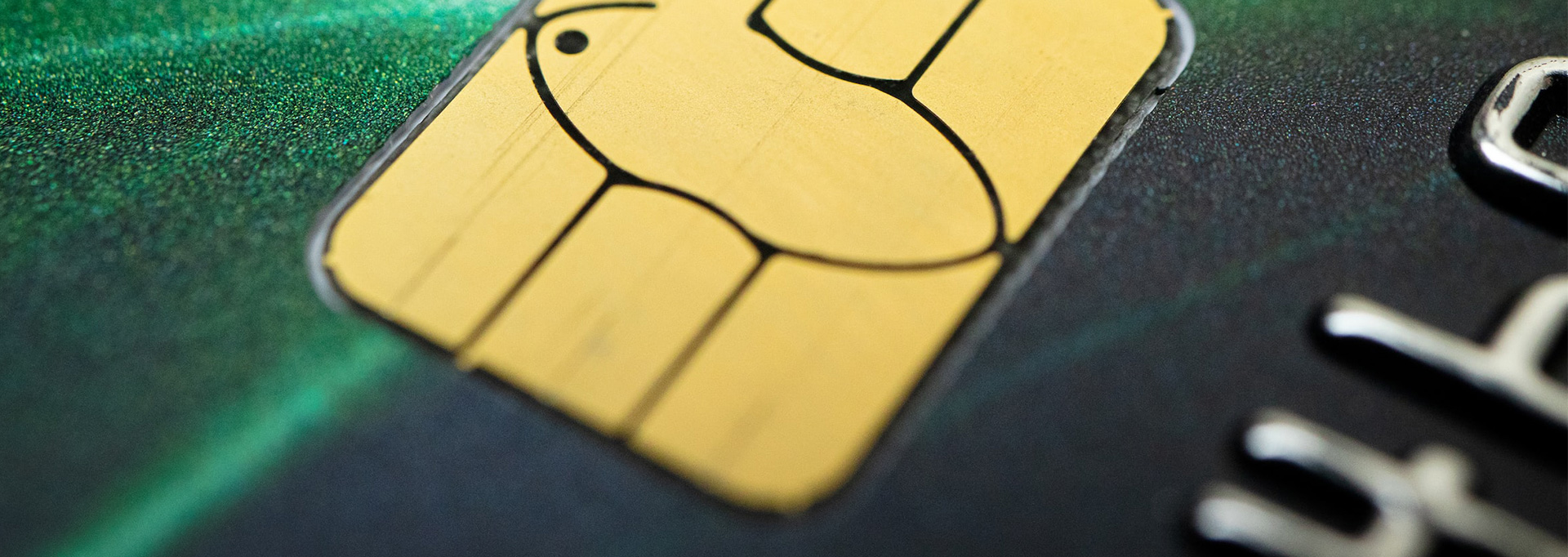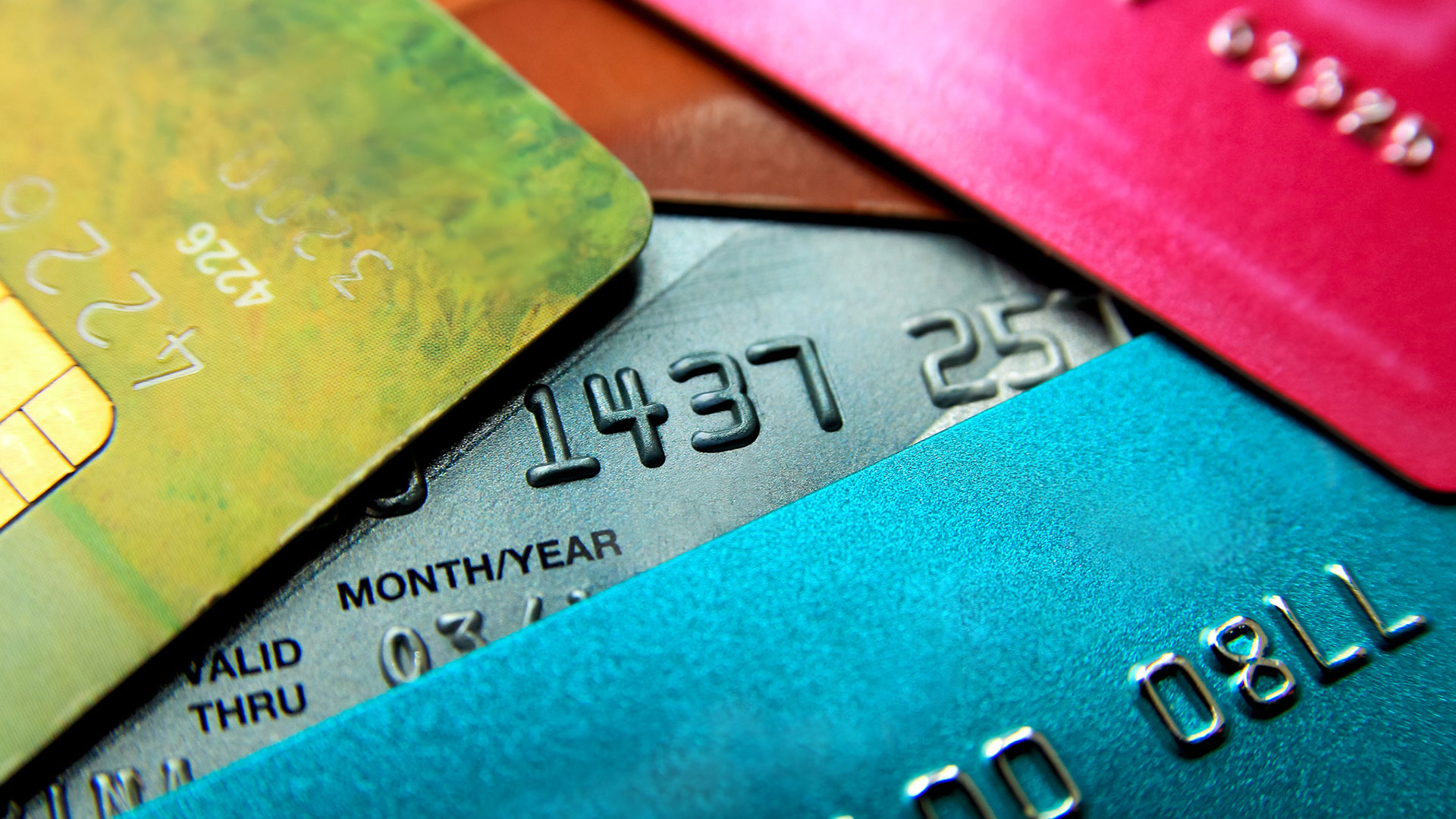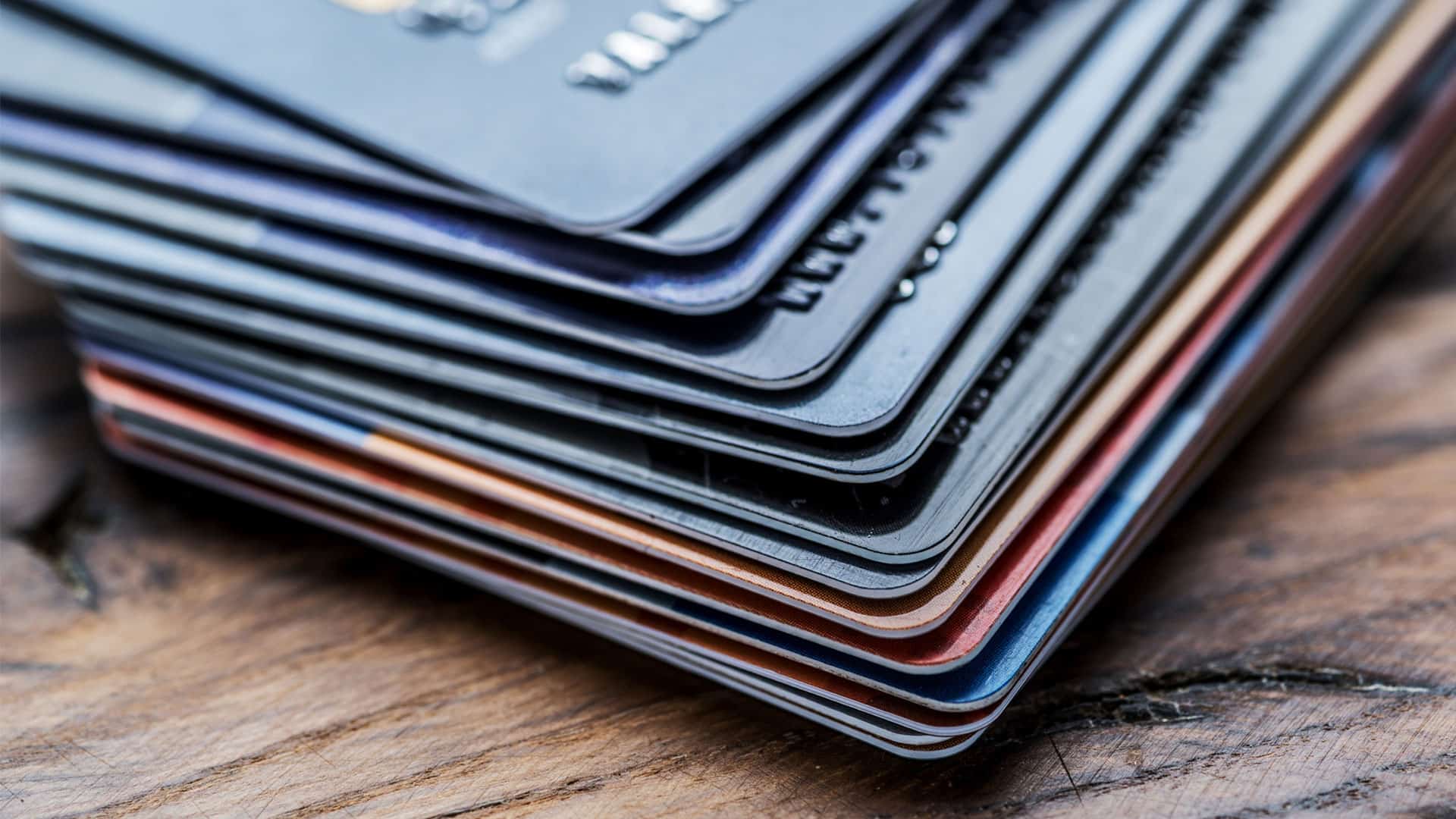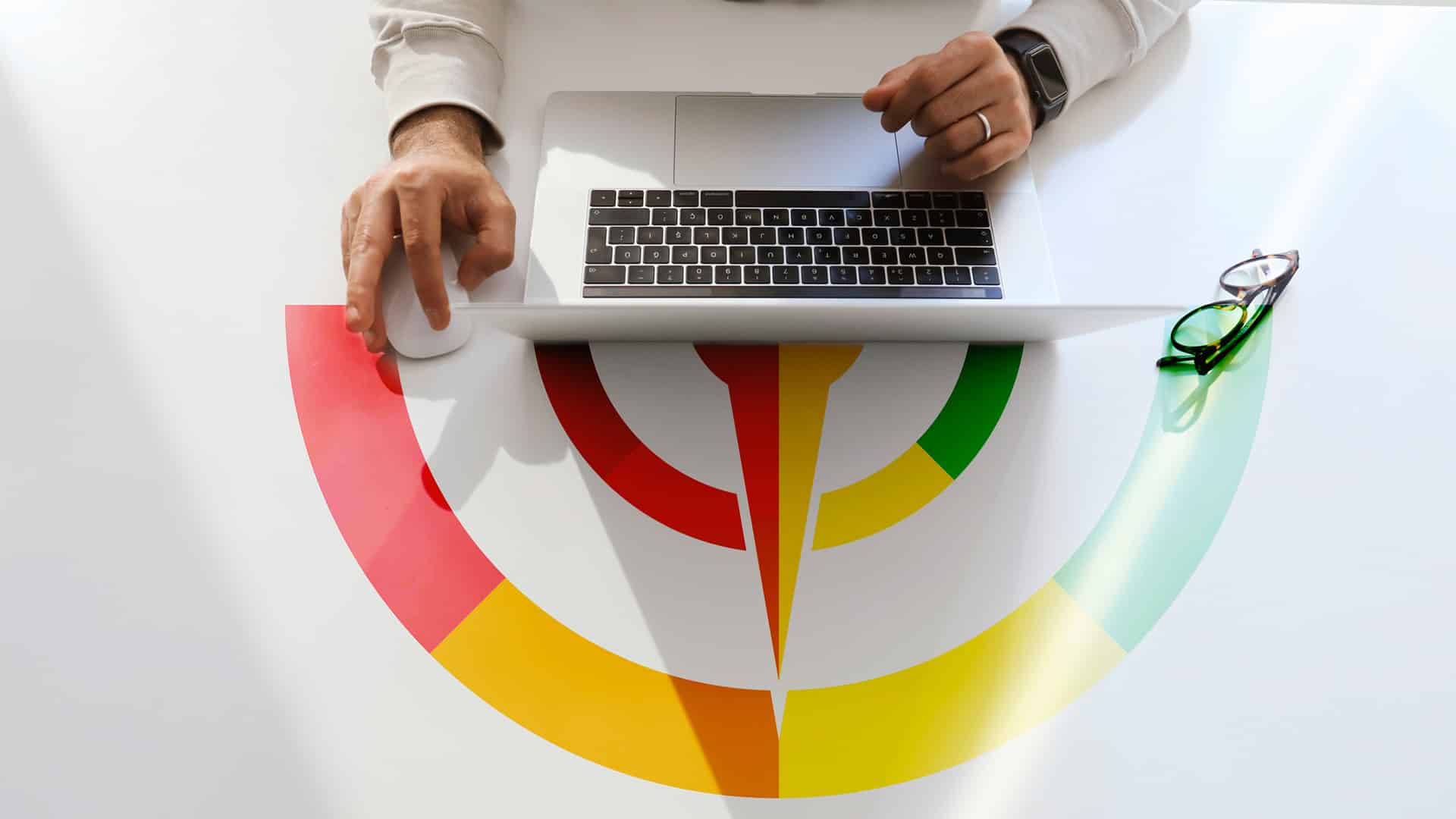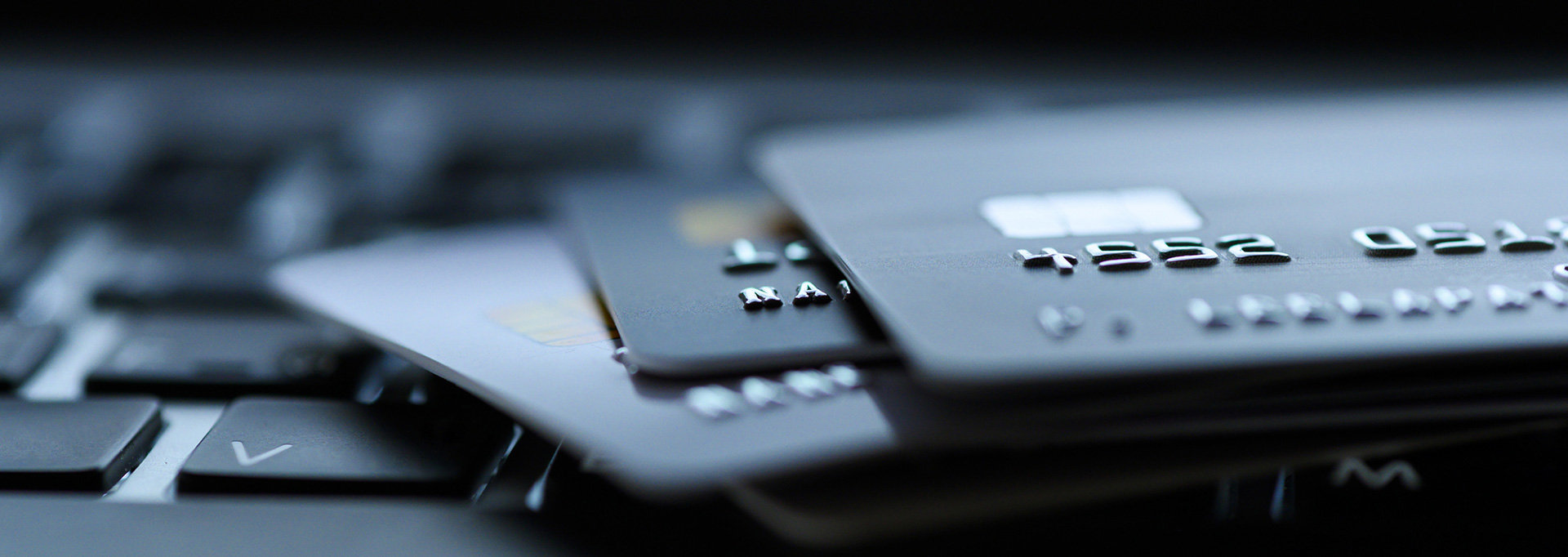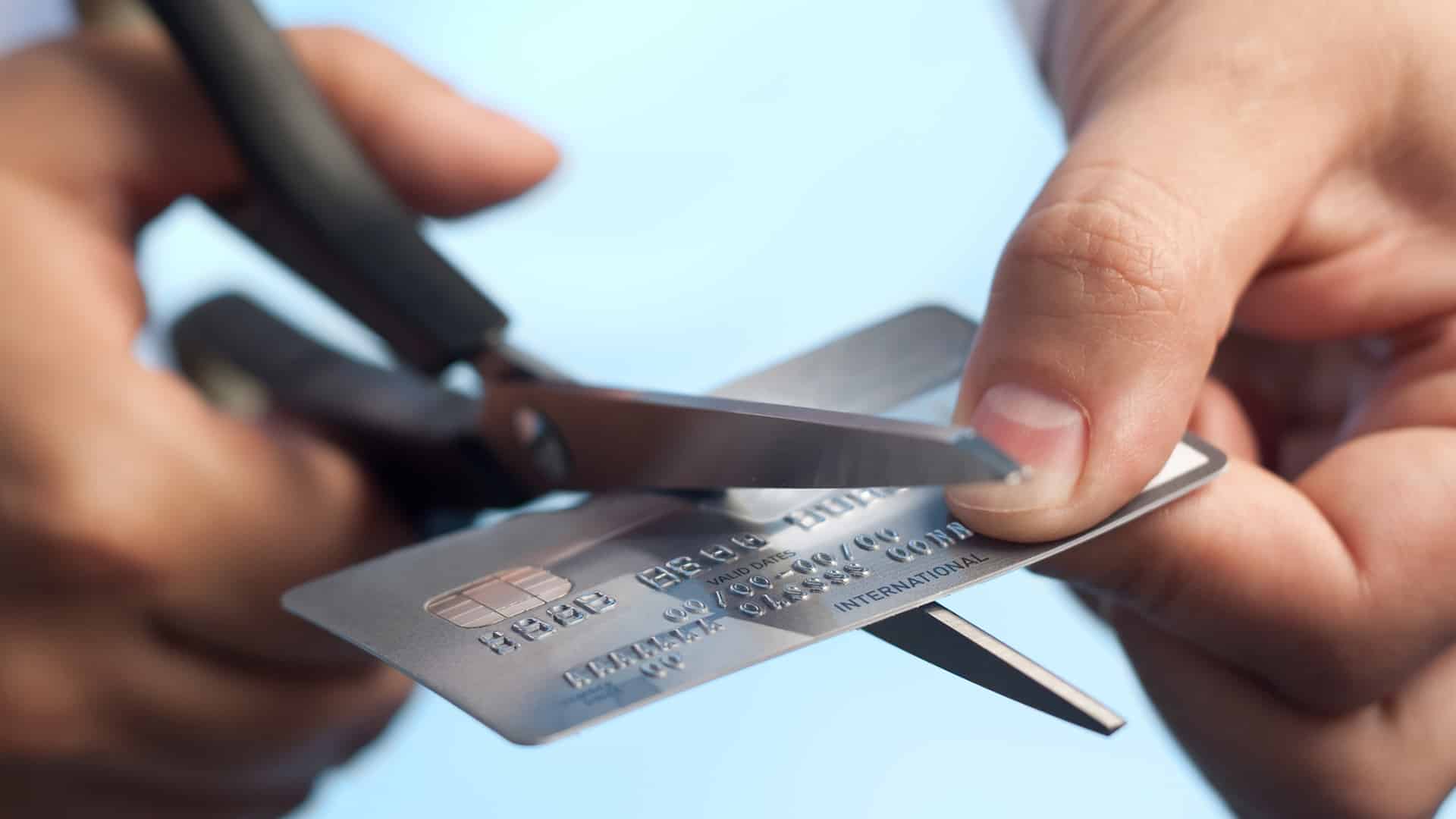Most products on this page are from partners who may compensate us. This may influence which products we write about and where and how they appear on the page. However, opinions expressed here are the author's alone, not those of any bank, credit card issuer, airline or hotel chain.
In this article:
- The right number of credit cards for you depends on your spending and bill-pay habits, as well as your credit score and financial goals.
- More credit cards can increase your credit utilization ratio, which can help credit, but if the bills get out of hand or you max out your limit, you score can decrease.
It's smart to figure out how to earn the highest credit scores possible. Good credit has many benefits—like helping you qualify for valuable rewards credit cards and other types of financing. So, if you're wondering how many credit cards to open to achieve an excellent credit score, you're on the right track.
Here’s what you need to know about finding the right number of credit cards for your situation and how many credit cards is too many.
How Many Credit Cards Should I Have?
The truth is there’s no such thing as the perfect number of credit cards. But the number of cards you should have depends on factors like how much debt you have, your current credit score, how tempted you are to overspend and whether you can afford to pay off your bills on time.
For example, you can earn and keep a good credit score with 20 credit cards—or with a single account. In general, credit scoring models like FICO and VantageScore pay little attention to the number of credit card accounts you have open. How you manage the credit cards you open is what matters.
However, if you don’t have any credit cards, you might hold your credit score back. For example, 10% of your FICO® Score is based on the mix of account types on your credit report. So, if your credit report lacks credit cards, you may have fewer points in this category.
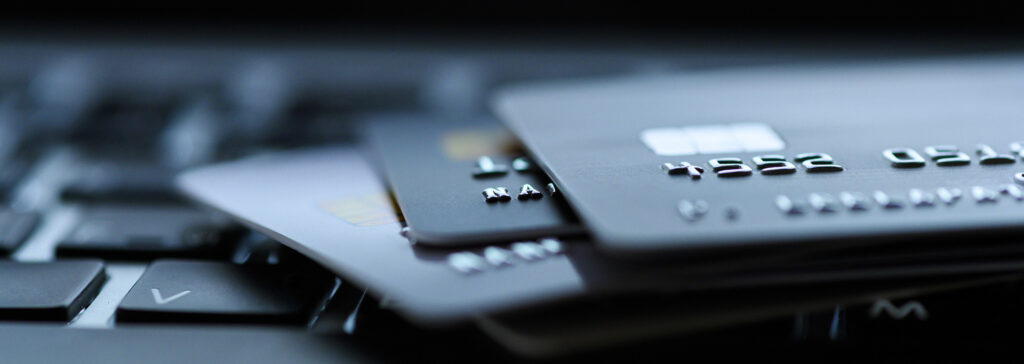 Related Article
Related Article
5 Tips on How to Use Credit Cards Responsibly
How to Choose the Perfect Number of Credit Cards
There's no right number of credit cards you should have to earn an excellent credit score. Some people open 5-10 new credit cards per year to take advantage of sign-up bonuses and other perks and still keep a FICO® Score in the 800s. But you can find a right number for your specific situation.
Here are some factors to consider to help you figure out how many credit cards to have:
- How many you can manage: If you don't have experience with cards yet, it's probably best to start with just one card. But if you have a good record with your existing cards—and paying the bills on time—having multiple cards might not be an issue.
- Your credit utilization ratio: Having many credit cards can work to your advantage when it comes to credit utilization because you’ll have a higher credit limit. You just want to make sure that higher limit doesn’t tempt you to overspend, making it harder to pay the bills and driving up your utilization rate.
- Existing debt: If you’re working on paying off some existing debt, you may not want to add another card that will tempt you to charge more purchases. But if you’re in a position to tackle the debt, you could open a balance transfer credit card to help you get out of debt faster.
- Annual fees: Be careful about opening multiple cards with annual fees because those charges can add up. However, you might be able to make multiple cards with big annual fees work for you if you can offset that expense by using the perks those cards offer.
Quick Tip
If you don’t want to open another card right now, you can ask your existing credit card issuers to increase the credit limits on your accounts. A higher credit limit might make it easier to keep your credit utilization ratio low.
Pros and Cons of Multiple Credit Cards
Pros
- Can earn more rewards
- Access to more perks
- Higher credit limit
- Can improve credit
Cons
- May lead to debt
- Harder to track spending
- More to juggle
- Could lower credit
Pros of Having Multiple Credit Cards
Keeping more than one credit card in your wallet can have many benefits—here are a few to know:
- Can earn more rewards: The more cards you have, the more access you have to lucrative rewards, like high cash-back rates in your preferred spending categories.
- Access to more perks: More cards can also mean a wider variety of perks, like airport lounge access, rideshare discounts, early access to concert tickets, hotel loyalty program memberships and more.
- Higher credit limit: More credit cards means more credit. As long as you aren’t spending too much, a higher credit limit can increase your credit utilization ratio, which in turn can boost your credit score.
- Can improve credit: Likewise, having multiple cards can help you improve your credit if you’re consistently paying all the bills in full because payment history is a big factor in your score.
Cons of Having Multiple Credit Cards
Having a lot of credit cards can have its downsides, as well. Some potential disadvantages of having multiple credits cards are:
- May lead to debt: Credit cards equal convenience, and each swipe or tap of your cards can quickly add up if you aren’t carefully tracking your spending and keeping your budget in mind.
- Harder to track spending: Every card has its own account and balance, and it can be difficult to remember which card you’ve put charges on without logging in to check regularly. This could easily lead to overspending or even maxing out your credit limit on one or more cards by accident.
- More to juggle: Similarly, having all these accounts means you have multiple bills to pay each month, along with several rewards programs to manage. And if any of your cards have annual fees, that’s another expense each year, and one that could be easily forgotten before the bill arrives.
- Could lower credit: If spending and tracking bills gets too complicated, late payments or driving up your credit utilization ratio could ultimately decrease your credit score. Missing payments and using more than 30% of your credit utilization ratio could lower your score.
How Many Credit Cards Do People With Excellent Credit Have Open?

According to FICO, people with excellent credit have 10 revolving credit cards open on average. FICO is an analytics company that developed the most commonly used credit score models, and it occasionally shares information about consumers who earn high credit scores. Looking at the credit behaviors of this group can be helpful—there's no magic formula to help you earn an excellent credit score, but you can adopt some of the habits of people who have had credit score success.
Credit Habits of People With Excellent Credit
Here are some other statistics of people with scores in the 800s, according to the FICO data:
- 4% average overall credit card utilization: Credit utilization is the percentage of your credit card limits you use. If you have one account with a $1,000 limit and you owe $500, your credit utilization rate is 50%. If you have five cards (each with a $1,000 limit) and you owe $500, your total utilization rate is only 10%. High credit utilization can hurt your credit score.
- 95% have never made a late payment: Payment history is even more important than credit utilization. Almost all of the people in the 800+ credit score range (95% of them) never made a late payment on any credit obligation on their credit report.
- $1,446 average balance on all revolving credit card accounts: Lower balances tend to be better for your credit score, though they don't impact it as much as payment history and utilization rate. According to the data, that excellent-credit group also had an average of 46 months since the last late payment (those who had a delinquency on their credit report). Paying your balance on time is important.
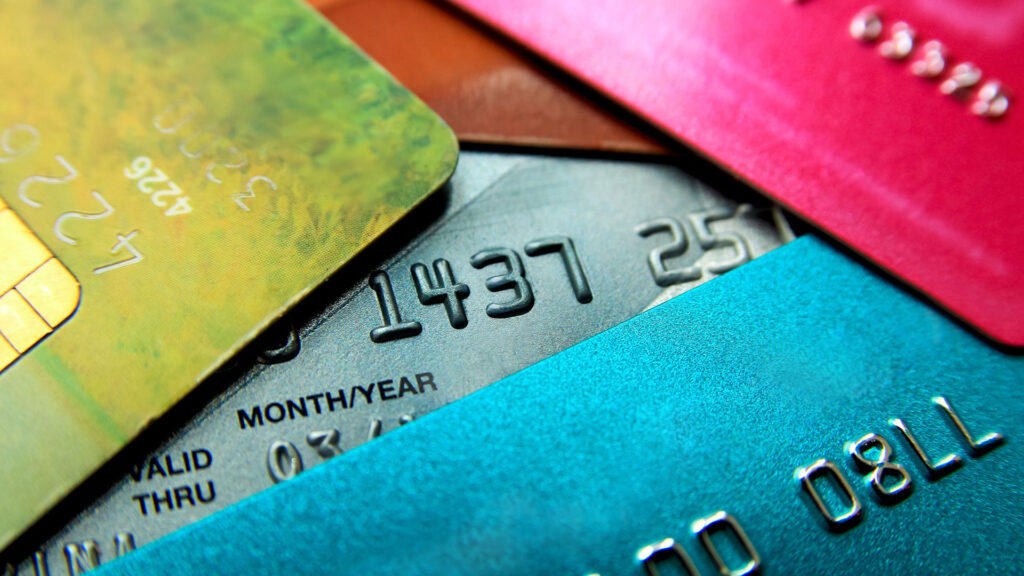 Related Article
Related Article
5 Credit Card Myths Hurting Your Credit Score
Should You Have Multiple Credit Cards?
Whether you should have multiple credit cards depends largely on your personal situation and financial plans.
It can make sense to have several credit cards if you:
- Find it easy to keep track of multiple accounts and bills
- Always pay your credit card bills on time
- Won’t be tempted to overspend by the convenience of having many cards
- Want to add a balance transfer credit card to help pay down debt faster
- Can offset any associated annual fees by using the cards’ perks
- Want to increase your credit utilization ratio to improve your credit score
You might want to avoid having multiple credit cards if:
- Having multiple cards makes it too easy to overspend
- You don’t want the hassle of juggling multiple accounts and credit card bills
- You don’t tend to use a lot of credit card rewards or perks—or just want to use one card’s program
Aside from having multiple credit cards, adopting good spending and payment habits are also key to helping you maintain a strong credit score.

How Multiple Credit Card Payments a Month Can Boost Your Credit Score
FAQs
-
Having too many credit cards can hurt your credit if they tempt you to overspend and you struggle to pay off your full balance each month. Having many credit cards can also help your credit, however, if you’re able to pay off your bill regularly because you’ll have a higher credit utilization ratio, which can improve your score. The key is to get a manageable number for your spending habits.
-
For many people, 10 credit cards is too many because it’s a lot of bills and accounts to manage. But if you’re in the habit of tracking your spending and can pay those bills each month, 10 cards may not be too many for you.
-
The average person has 3.84 credit cards, according to 2021 data from Experian. The right number for you may be more or less than that figure, depending on your personal finance goals and spending habits.
